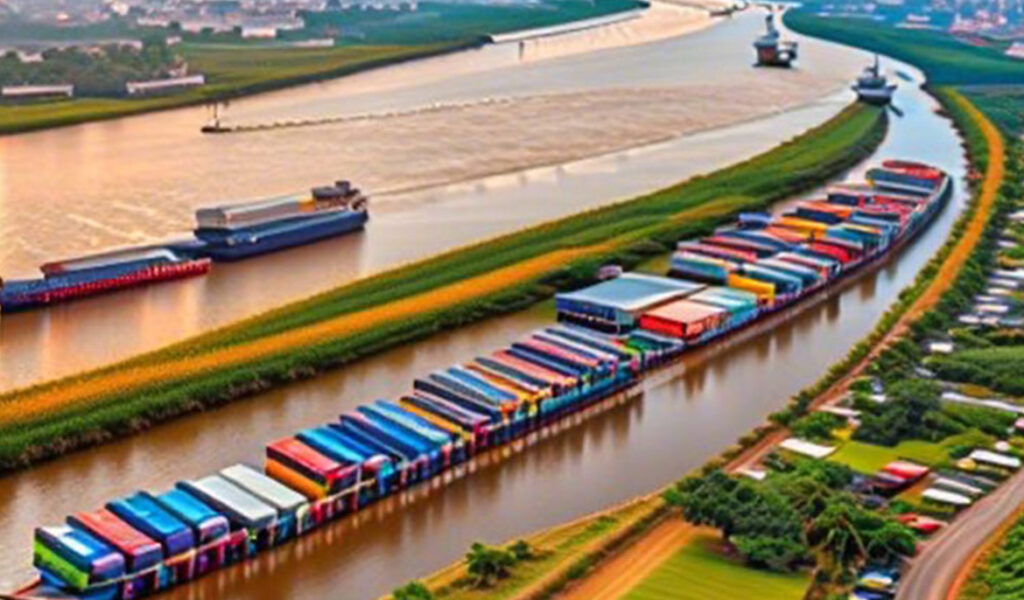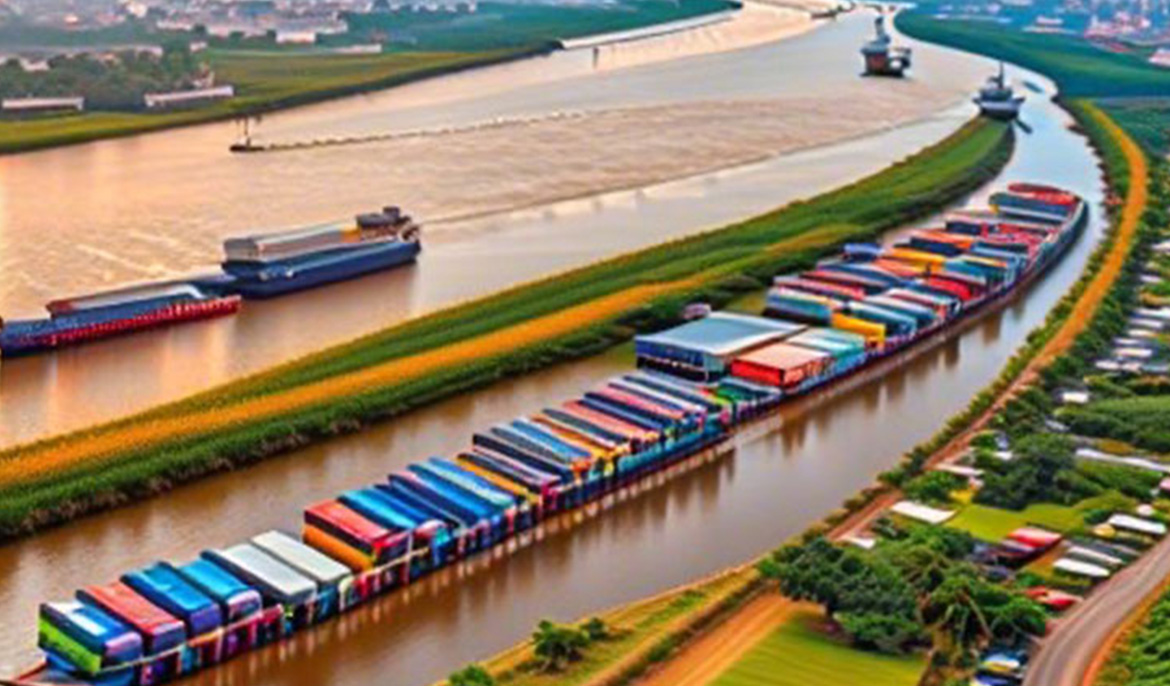The project to electrify Cambodia’s river systems, which is expected to cost a total of $600 million over five years, received its first tranche of $120 million in funding. The funding came in from the commercial arm of a major multilateral bank.
Currently, this project is being pitched to investors, focused on renewable energy projects, from Singapore and Hong Kong. Another $120 million in funding for this project is currently under negotiation. This “electrification of Cambodia’s entire riverine cargo vessel fleet,” project is backed by the Belt and Road Capital Partners, which is bringing together government officials, corporate investors and equipment and service suppliers.
Dr Digby James Wren, Senior Special Advisor, International Relations Institute, Royal Academy of Cambodia, said that this initiative will fulfill some of the objectives of the Cambodian government’s 2025 Pentagon Master Plan and 2030 Master Plan. Both these plans aim at socio-economic development of the capital and provinces. “The potential for electric riverine transport barges and electric cargo vessels in South East Asia and East Asia is significant, given the region’s extensive network of rivers, coastal areas, and reliance on maritime transportation for trade and commerce,” said the research and development wing of the Royal Academy of Cambodia in a statement.
Phase I of this project will see the installation of up to ten 100 MW solar arrays with complimentary LFP electric battery storage solutions. Distribution and supply chains for electric charging will be placed adjacent to the Phnom Penh Port localities, which is under the Ministry of Transport, across the mainstream and tributaries of the Mekong River.
Phase I of the project will also look at establishment of cargo vessel conversion and construction at critical logistic hubs such as Phnom Penh, Kampot and Sihanoukville.
Moving forward, Phase II of the project will look at introducing numerous mobile “boxable” 20 and 40-foot shipping containers (or equivalent) for the distribution of materials for clinics, classrooms, water treatment, food processing, light manufacture and other important services and public goods.
Phase III of the project will be connecting the ten 100MW solar arrays from phase I and complimentary storage facilities to the national grid.
A statement said that key suppliers of infrastructure are willing to work at discounted rates to be included in this electrification project. Commodity export and logistic firms have also expressed their support for this electrification of Cambodia’s hinterland and main river navigation channels.
This Mekong Economic Belt project will also look at the electrification of processing and agricultural machinery. To reduce waste generation, there is also a plan to do food processing close to the electrified ports so that there is value-add to export-oriented commodities.
Wren in a statement said that some of the benefits to this would be that “electric riverine transport barges and cargo vessels offer significant environmental benefits compared to traditional diesel-powered vessels. They produce zero emissions during operation, reducing air and water pollution in sensitive riverine and coastal ecosystems. This aligns with global efforts to combat climate change and improve air quality.”
He also said there would be savings in cost over time. Companies stand to benefit as many countries in South East Asia and East Asia are implementing regulations and incentives to promote the adoption of cleaner maritime transportation technologies.
It is also possible that there would be vital infrastructure development and technological advancement. khmertimeskh



